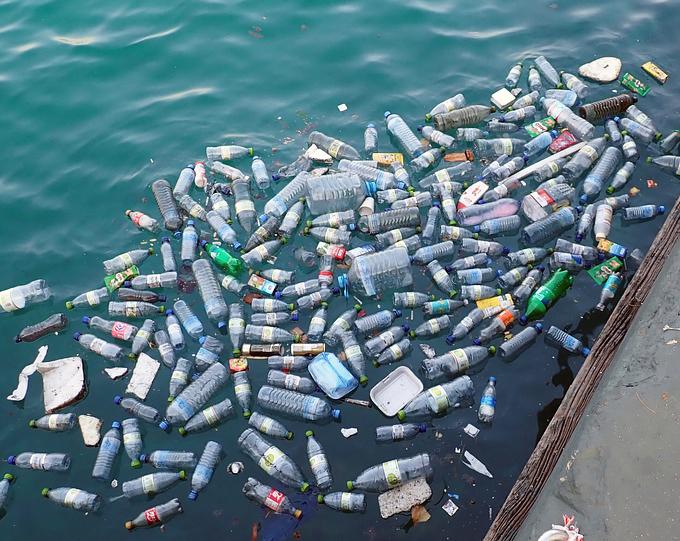Solid Waste Management
Solid waste managment is the single most biggest hurdle the whole world is facing simultaneously. . And globally, the most struggling countries to manage solid wastes are developing and under-developed countries. And also the main problem is faced in the cities of these countries, because organic waste is used in either animal feeding or composting in rural areas where inorganic wastes are All the solid wastes that is produced ends up in nature which causes harm to both living beings and the environment. Hence, it is necessary to have the basic understanding of waste management in national and individual level.
The most known concept is 3Rs
Reduction= Production, manufacturing and distribution as well as consumption
Reuse= Consumption and Disposal
Recycle= Chemical Treatment Recycling, Incineration and Disposal
Important step in solid waste management:
Waste Sorting: a guideline should be provided for example:
a. Plastic and vinyl items used for containers and packaging of foos and other products belonging to one category.
b. Plastic bags and wrappers, bottles and cups; tubes and lids; trays and packages and packaging and cushioning material (Styrofoam etc) in another category
c. Similrly, Aluminium coated bags as potato chips etc for one category
d. Bottles for shampoo, detergent, condiments eg takeout lunch, cup noodles containers etc in another
e. Metal objects
f. Bio-degradable waste,
g. Cartoons and Papers etc
Waste disposal: Consumers should be responsible for disposing of wastes
a. By categorizing different waste into waste bags before giving it to municipality collectors
b. Thoroughly rinsing and removing materials inside
c. Separating lids and caps from the body of the bottles etc
Waste Collection:
a. Separate collection boxes are set up for collect PET bottles, food trays and so on.
b. Voluntary recycling activities to collect plastic waste, and handing them over to recycle businesses
c. Manufactures and business entities using containers and packages have to pay a recycling fee to the government, in accordance with the volume they manufacture or sell.
Waste Recycling
a. Material Recycling: to reuse or to make raw plastics and plastic products
b. Chemical Recycling: to use chemicals to change the properties or form of the waste products
c. Thermal Recyling: Using Cement Kiln, also suitable for waste power generation


